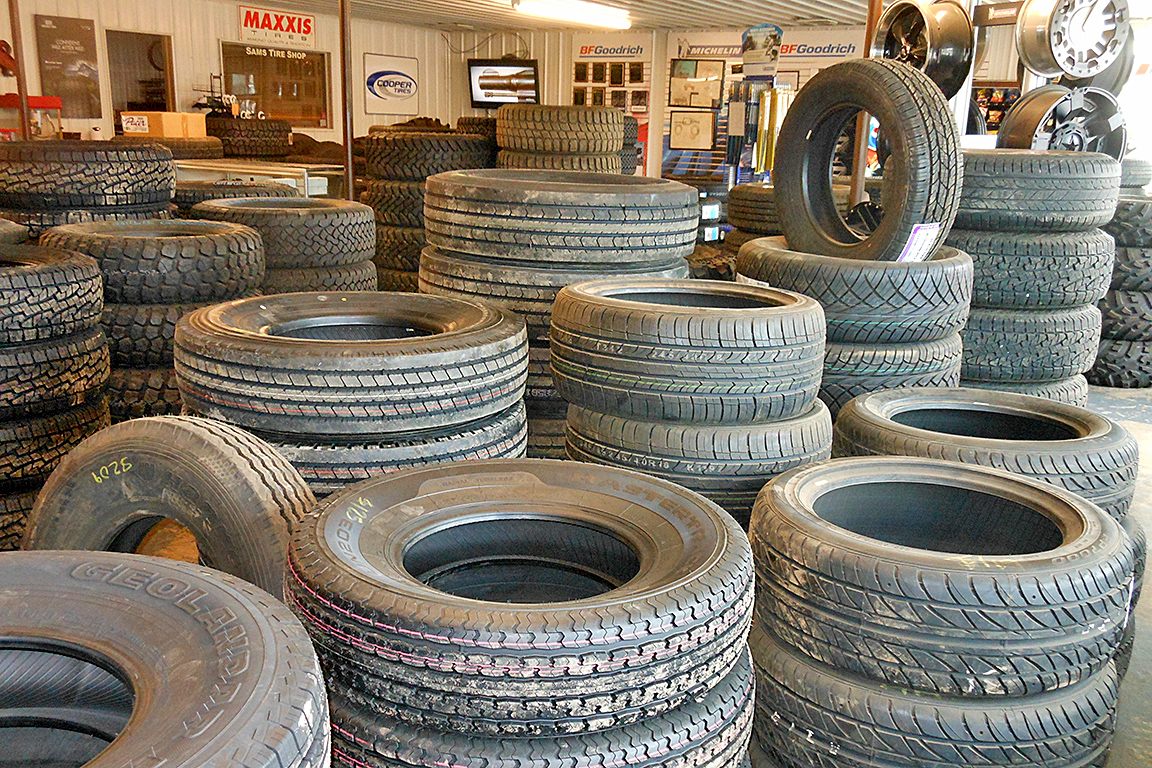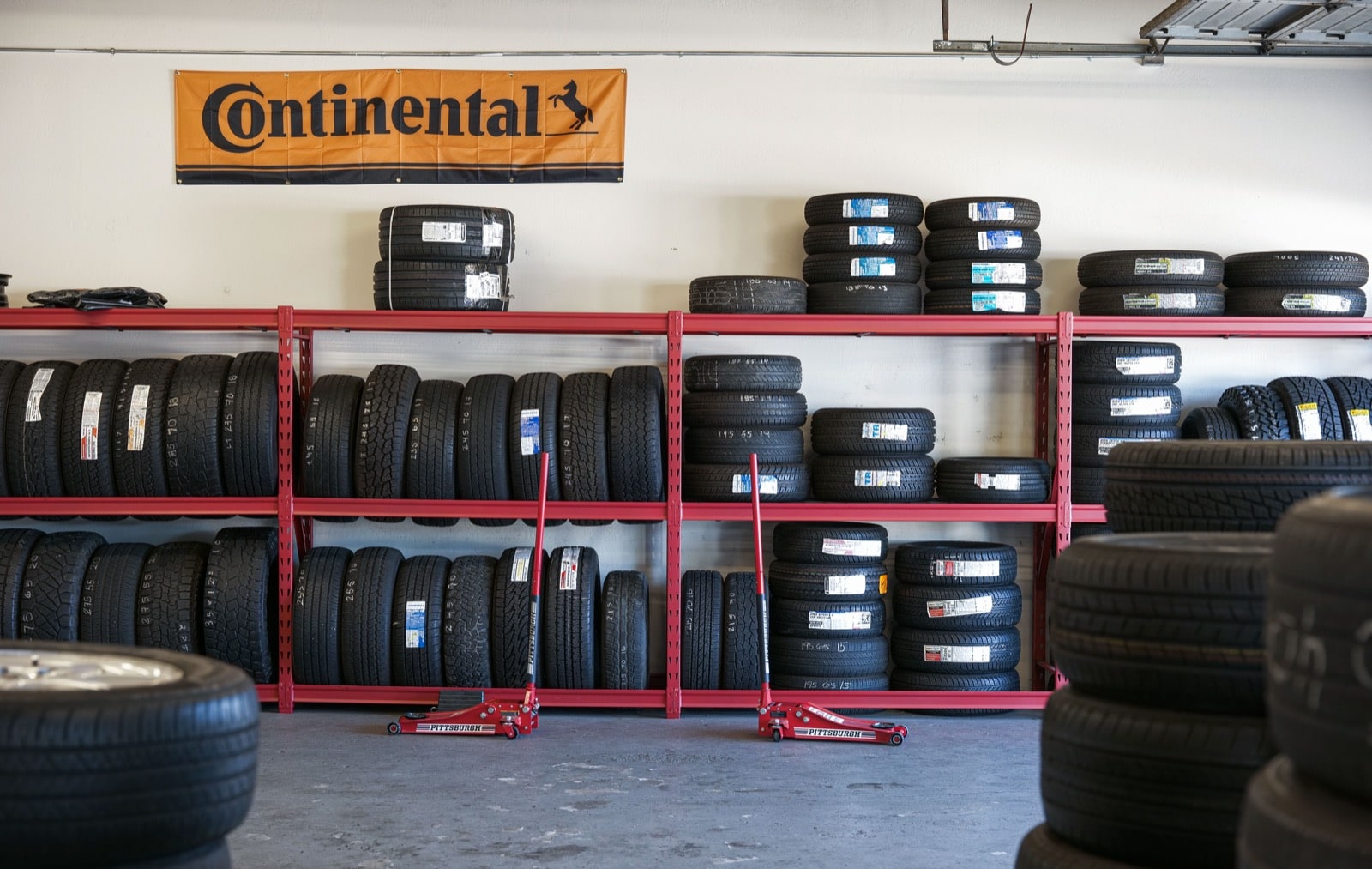The Ecological Advantages of Correct Tire Upkeep
Maintaining correct tire care is often forgotten, yet its impact on the setting is profound. Appropriate tire upkeep not only expands the lifespan of tires yet also decreases land fill waste and contributes to enhanced air top quality.
Decreased Fuel Intake
Improving tire upkeep techniques can lead to a significant reduction in fuel intake for vehicles. According to the U.S. Department of Energy, underinflated tires can lower gas mileage by 0.2% for every 1 psi drop in pressure in all four tires.
In addition to tire pressure, normal tire rotations and alignments also play an essential role in fuel efficiency. Unevenly worn tires can boost fuel usage as the engine works harder to preserve speed and traction. By maintaining proper alignment and turning tires at suggested intervals, chauffeurs can guarantee also extend the life and wear of their tires, eventually conserving gas and lowering their carbon impact.
Extended Tire Lifespan
Extending the life-span of tires is a crucial facet of efficient lorry upkeep methods that can produce price financial savings and ecological benefits in the long run. By correctly preserving tires, drivers can considerably prolong their use, lowering the regularity at which new tires require to be produced and old ones dealt with. This not just saves important sources but additionally decreases the energy and emissions connected with tire manufacturing and disposal procedures.
Frequently inspecting tire pressure, revolving tires, and making sure proper placement are necessary action in extending tire life expectancy. Adequate tread deepness is essential for optimum traction and safety and security, however it additionally plays a role in the length of time tires can be utilized before needing substitute. In addition, preventing aggressive driving habits that increase tire wear, such as severe braking and doglegs, can further improve tire resilience.
Inevitably, enhancing the durability of tires through positive upkeep not only benefits the atmosphere by lowering waste and preserving resources however additionally leads to cost financial savings for vehicle owners by delaying the requirement for brand-new tire purchases.
Lower Emissions Output
Reliable tire maintenance techniques add to a reduction in emissions result, aligning with ecological sustainability goals in the automobile market. By preserving ideal tire stress degrees, vehicle drivers can help reduce these negative ecological influences.
Additionally, well-kept tires also enhance grip and minimize rolling resistance, even more enhancing gas performance. This, subsequently, minimizes the amount of exhaust gases launched right into the ambience. In addition, making sure tires are correctly blown up and aligned can expand the life expectancy of the tires, decreasing the regularity of tire substitutes and the connected ecological expenses of tire manufacturing and disposal.

Decreased Landfill Waste
Offered the favorable influence of correct tire upkeep on lowering exhausts output, another significant ecological advantage is the potential for reduced land fill waste. By making certain that tires are properly pumped up, straightened, well balanced, and turned on a regular basis, their life expectancy can be substantially go prolonged.

Improved Air Top Quality
Enhancing air high quality via correct tire upkeep techniques is an important facet of sustainable environmental stewardship. When tires are underinflated, they develop much more moving resistance, leading to boosted fuel intake and higher discharges of harmful contaminants such as carbon monoxide gas and nitrogen oxides. Correctly filled with air tires not just improve fuel efficiency yet also minimize the quantity of toxins launched into the air.
Additionally, properly maintained tires with proper walk depth and positioning add to safer driving conditions, reducing the chance of accidents that can result in the release of extra anchor contaminants into the environment. By extending the lifespan of tires via routine maintenance and rotation, fewer tires are disposed of prematurely, decreasing the environmental effect of tire disposal and production procedures.
Conclusion
In final thought, appropriate tire upkeep provides various environmental advantages. It is important for individuals to focus on tire maintenance as a simple yet reliable way to protect the setting for future generations.
Correct tire upkeep not just prolongs the lifespan of tires yet likewise lowers garbage dump waste and contributes to boosted air quality - tire shop near me. By keeping appropriate alignment and revolving tires at recommended periods, drivers can ensure also prolong the life and wear of their tires, inevitably saving gas and decreasing their carbon impact
By effectively keeping tires, drivers can dramatically extend their use, lowering the regularity at which brand-new tires require to be manufactured and old ones disposed of.Regularly inspecting tire pressure, revolving tires, and making sure correct alignment are necessary steps in prolonging tire life-span. Additionally, making sure tires are effectively blown up and lined up can prolong the life-span of the tires, reducing the frequency of tire replacements and the connected ecological prices of tire production and disposal.